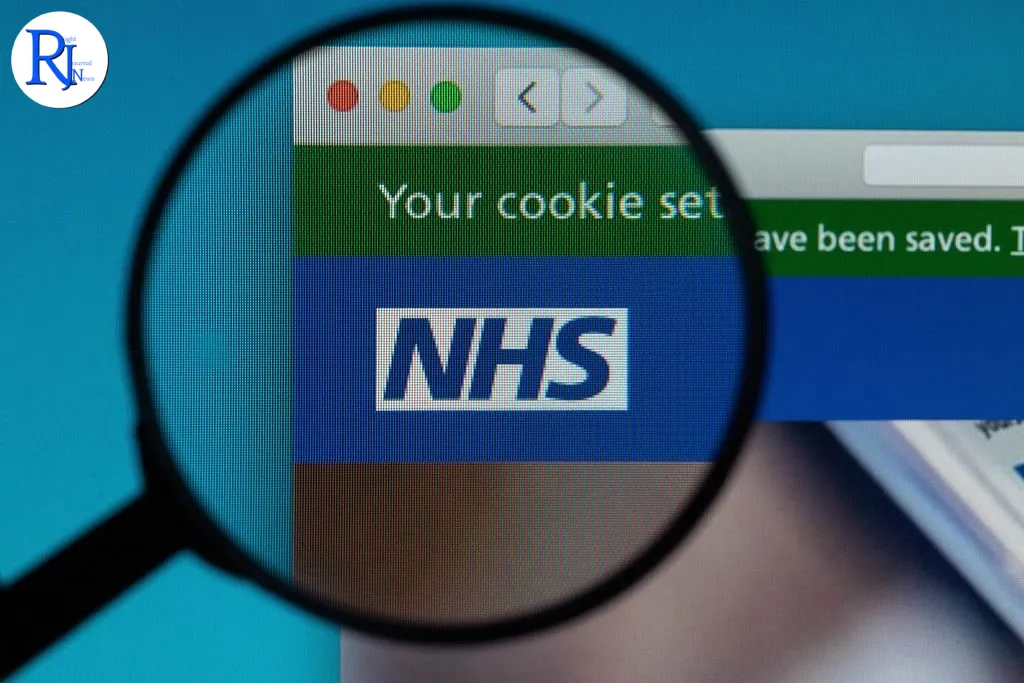The NHS faces urgent calls for transformative action following a stark warning that patients remain at risk of harm without significant improvements. A recent report has highlighted critical issues within the healthcare system, urging a comprehensive overhaul to ensure patient safety and care quality. Health Minister Sarah Collins, while acknowledging the report’s “hard-hitting messages,” insists it carries an optimistic outlook for the future of the NHS.
The report, published on 28 April 2025, paints a concerning picture of the current state of NHS services, citing systemic inefficiencies, staffing shortages, and outdated infrastructure as key challenges threatening patient safety. It comes amidst ongoing debates about the sustainability of the NHS and the need for innovative solutions to meet increasing demands.

Report Highlights Systemic Challenges
The report, commissioned by an independent health advisory panel, identifies several systemic challenges that need immediate attention. It highlights chronic understaffing as a primary concern, with the NHS struggling to recruit and retain qualified professionals. This shortage, exacerbated by the pandemic’s lingering effects, has led to increased workloads and burnout among existing staff, compromising the quality of patient care.
Moreover, the report underscores the urgent need for modernisation in NHS facilities. Many hospitals and clinics operate with outdated equipment and infrastructure, hindering efficient service delivery. The panel recommends a substantial investment in technology and infrastructure to bring the NHS up to current standards and improve patient outcomes.
Expert Opinions Call for Proactive Measures
Healthcare experts have weighed in on the report, emphasising the need for proactive measures to address the identified issues. Dr. Emily Hughes, a leading healthcare analyst, stressed the importance of strategic planning and investment in workforce development. “The NHS must prioritise training and retaining healthcare professionals to ensure a sustainable future,” she stated.
Additionally, experts advocate for embracing digital health innovations as a means to alleviate pressure on resources. Implementing telemedicine and electronic health records are seen as crucial steps towards streamlining operations and enhancing patient care efficiency. The report suggests that integrating these technologies could significantly reduce waiting times and improve access to healthcare services.
Government Response and Plans for Improvement
In response to the report, Health Minister Sarah Collins has reiterated the government’s commitment to reforming the NHS. During a press briefing, she outlined plans to increase funding for healthcare services and prioritise investments in technology and infrastructure. “We recognise the challenges outlined in the report and are dedicated to implementing measures that will ensure the NHS remains a world-class healthcare system,” Collins affirmed.
The government has also announced initiatives aimed at boosting the healthcare workforce, including incentives for medical professionals and expanded training programmes. These measures are intended to address staffing shortages and enhance the NHS’s capacity to deliver high-quality care.
Public Reaction and Future Implications
The report has sparked widespread public concern, with many calling for swift action to safeguard patient safety. Advocacy groups have urged the government to accelerate its reform efforts, emphasising the importance of transparency and accountability in implementing changes.
Looking ahead, the implications of the report are significant for the future of the NHS. With an ageing population and increasing demand for healthcare services, the need for a resilient and adaptable system is more pressing than ever. The report serves as a crucial reminder of the challenges ahead and the necessity for decisive action to secure the NHS’s long-term viability.
As the NHS navigates these challenges, the focus remains on ensuring that patient care is not compromised. The report’s findings and recommendations provide a roadmap for necessary improvements, offering hope for a more efficient and effective healthcare system in the years to come.

